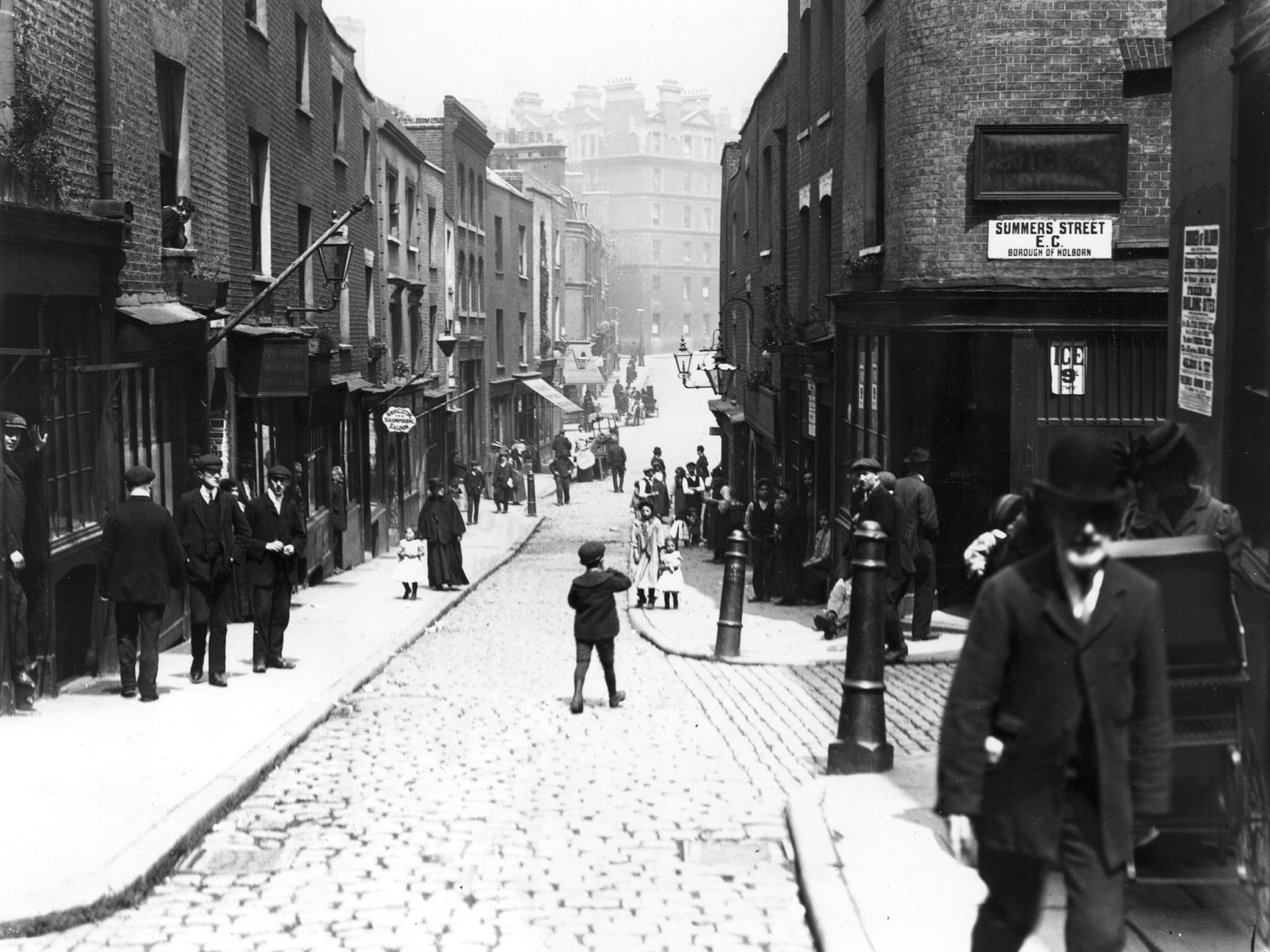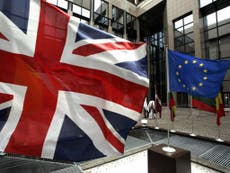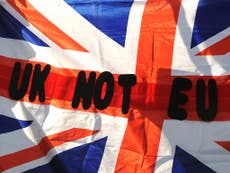EU referendum: Vibrant East End can inspire campaign to stay in Europe
The area has probably seen more of the single issue – immigration – that will dominate this campaign than anywhere else

On Monday, in what is now one of the most fashionable parts of London, the cross-party campaign to keep Britain in the EU will be launched.
And whether by accident or design, the location that was chosen could not be more symbolic. The East End has probably seen more of the single issue – immigration – that will dominate this campaign than any part of Britain.
From the Huguenot refugees who arrived in the 17th century, to the Jews, the Irish and most recently the Bangladeshis who have followed them, this part of London has always been a melting pot of cultures.
And, as the history of the area shows, immigration is one of the oldest subjects of political controversy – albeit one that gets quickly forgotten as the last lot of immigrants become “British” and then complain about the latest influx.
In fact, the word “refugee” first entered the English language when the Huguenots landed. The problem for the “in campaign” will be how to sell a positive vision for a multicultural, open and diverse Britain to parts of the country that don’t have experience of large-scale immigration and are increasingly fearful of what they are seeing.
But herein also lies an opportunity. Because while immigration will plainly persuade a section of the public to vote “out”, a great number of people will feel uncomfortable backing a campaign that is slightly xenophobic at its heart.
So, far from shying away from discussing immigration, the “inners” should see it as their opportunity to frame the debate. The vibrancy of the East End should be their vision of a multicultural and prosperous British future in Europe. This, they should contrast with the spectre of an insular, closed and poorer little Britain presided over by Prime Minister Farage – but “free” from immigrants. Then ask voters to make their choice.






Join our commenting forum
Join thought-provoking conversations, follow other Independent readers and see their replies